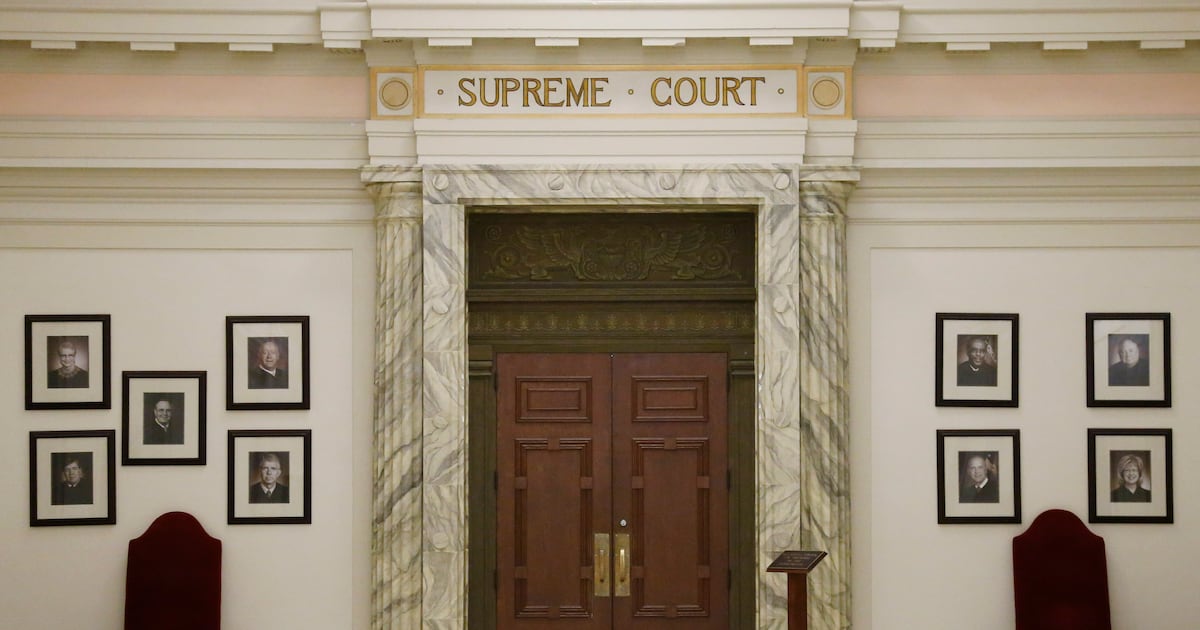Tax Dollars and Theology: When Public Funds Cross the Church-State Line

When state tax revenues become the financial lifeline for private religious schools, a dangerous precedent emerges. By subsidizing these institutions, the government gains unprecedented leverage to shape and potentially control educational content. This financial entanglement threatens the autonomy of religious schools, creating a scenario where state interests could gradually erode the independent educational mission of these institutions.
The risk lies not just in potential direct intervention, but in the subtle ways government funding can influence curriculum design, teaching approaches, and academic freedom. Religious schools that become financially dependent on state support may find themselves increasingly pressured to align their educational philosophies with governmental expectations, ultimately compromising their core educational and spiritual principles.
Maintaining the independence of private religious education requires a careful balance between financial sustainability and institutional autonomy. Once tax revenue becomes a primary funding source, the delicate line between support and control can quickly blur, potentially transforming these schools from bastions of independent thought to extensions of state educational policy.
